Maintaining personal health includes caring for all parts of the body, and this is particularly true when it comes to menstrual health. As awareness grows regarding the potential harms of traditional menstrual products, many are turning to non-toxic period care alternatives to keep their vagina healthy. These alternatives not only offer health benefits but are also kinder to the environment.
From menstrual cups to period-proof swimwear, the range of eco-friendly options is expanding. Women are now empowered to choose products that align with their values, whether that’s sustainability, health, or comfort. Let’s explore these innovations and understand why they’re becoming the preferred choice for period care.
Exploring Eco-Friendly Menstrual Products: What Are Your Options?
When it comes to eco-friendly menstrual options, there’s a variety of products available that go beyond the conventional pad and tampon. These products are designed to be reusable, reducing waste and often providing a more comfortable experience.
- Menstrual Cups: A sustainable alternative that collects rather than absorbs menstrual flow.
- Reusable Sanitary Pads: Made from fabrics like organic cotton, these are washable and reusable.
- Period Underwear: Designed with absorbent layers to protect against leaks without any additional products.
Investing in these products may have a higher upfront cost, but they save money over time. Plus, their reusable nature significantly cuts down on waste, making them an eco-conscious choice.
What Are The Best Alternatives To Tampons?
For those seeking alternative to tampons for swimming or daily use, there are several viable options that offer comfort and reliability during your period.
- Menstrual Cups: Highly recommended for active individuals due to their secure fit and leak protection.
- Period Underwear: A hassle-free option that can be worn alone or with other menstrual products for extra protection.
- Menstrual Discs: Similar to cups but with a different shape, suitable for mess-free period sex.
These alternatives not only reduce exposure to potentially harmful chemicals found in some tampons but can also handle a heavy flow without the bulkiness of pads.
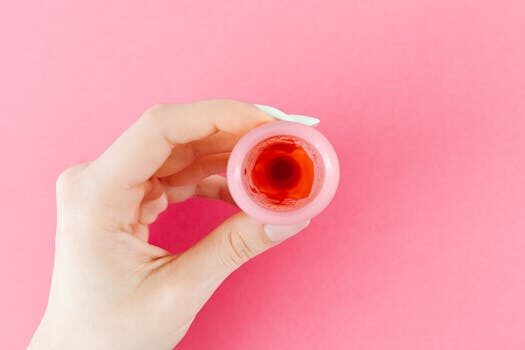
How Do Menstrual Cups Compare To Traditional Products?
Menstrual cups are a standout in the realm of period care for several reasons. They’re made from medical-grade silicone, rubber, or plastic, and can be used for up to 12 hours, offering longer protection compared to tampons or pads.
When assessing costs and comparison of effectiveness, menstrual cups emerge as a clear winner. Although the initial investment is higher, a single cup can last for several years, making it much more cost-effective in the long run.
Moreover, menstrual cups hold more fluid than tampons, making them a great tampon alternatives for heavy flow. They have also been associated with a lower risk of Toxic Shock Syndrome (TSS), providing a safer option for menstrual care.
What Is Period Underwear And How Does It Work?
Period underwear may sound futuristic, but it’s a practical innovation that’s been gaining popularity. These undergarments contain layers of absorbent fabric that can trap menstrual blood, offering protection without the need for pads or tampons.
Users often speak to the comfort and peace of mind provided by period underwear. Many brands offer various styles and absorbency levels, ensuring there’s an option for everyone, regardless of flow intensity.
 Are you chemically sensitive?
Are you chemically sensitive?Environmentally, period underwear is a sustainable choice. They’re washable and reusable, which means they contribute far less waste to landfills compared to disposable products.
Are Menstrual Discs A Good Option For You?
Menstrual discs are a less commonly known but effective alternative to traditional period products. Like menstrual cups, discs are inserted into the vagina but they sit at the base of the cervix, creating a seal to prevent leaks.
Discs are a good option for those who prefer not to feel their period care product during use. Many users note that once properly placed, discs can be so comfortable that they forget they’re on their period.
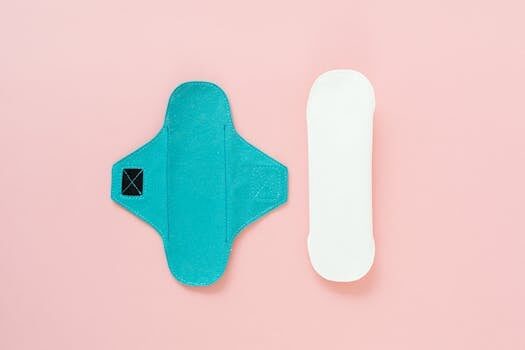
Additionally, menstrual discs can be worn during sex, providing protection without interruption. Some discs are reusable, while others are disposable, offering flexibility based on personal preference and lifestyle.
What Should You Know About Leak-Proof Swimwear?
For swimmers and beachgoers, leak-proof swimwear offers a game-changing solution. This swimwear is designed with hidden layers of protection to absorb menstrual blood and prevent any embarrassing situations in the water.
Many find leak-proof swimwear liberating, as it allows them to enjoy water activities without fear of leaks or the need for bulky pads or visible tampons. It’s also a great alternative to tampons for swimming, combining style with function.
While there are different brands offering various designs and absorbency levels, the common thread is their commitment to providing a discreet and secure way to manage periods while swimming.
Why Is It Important To Choose Non-Toxic Period Products?
Choosing non-toxic period products is important for both personal health and environmental well-being. Conventional disposable products often contain chemicals and synthetic materials that can be harmful to the body and the planet.
Health risks of traditional period products include exposure to pesticides from non-organic cotton, dioxins from bleaching processes, and fragrances that can cause irritation. Non-toxic alternatives are free from these harmful substances, offering a safer option for menstrual care.
In terms of sustainability, non-toxic products are often reusable, greatly reducing the environmental impact associated with period care. By choosing eco-friendly options, women can significantly lower their carbon footprint.
Frequently Asked Questions on Menstrual Health and Product Choices
What Are the Natural Alternatives to Pads and Tampons?
Natural alternatives to pads and tampons include menstrual cups, reusable sanitary pads, and period underwear. These products are designed to be safe for the body and are often made from materials like silicon, bamboo, and organic cotton, which are better for the environment as they reduce waste.
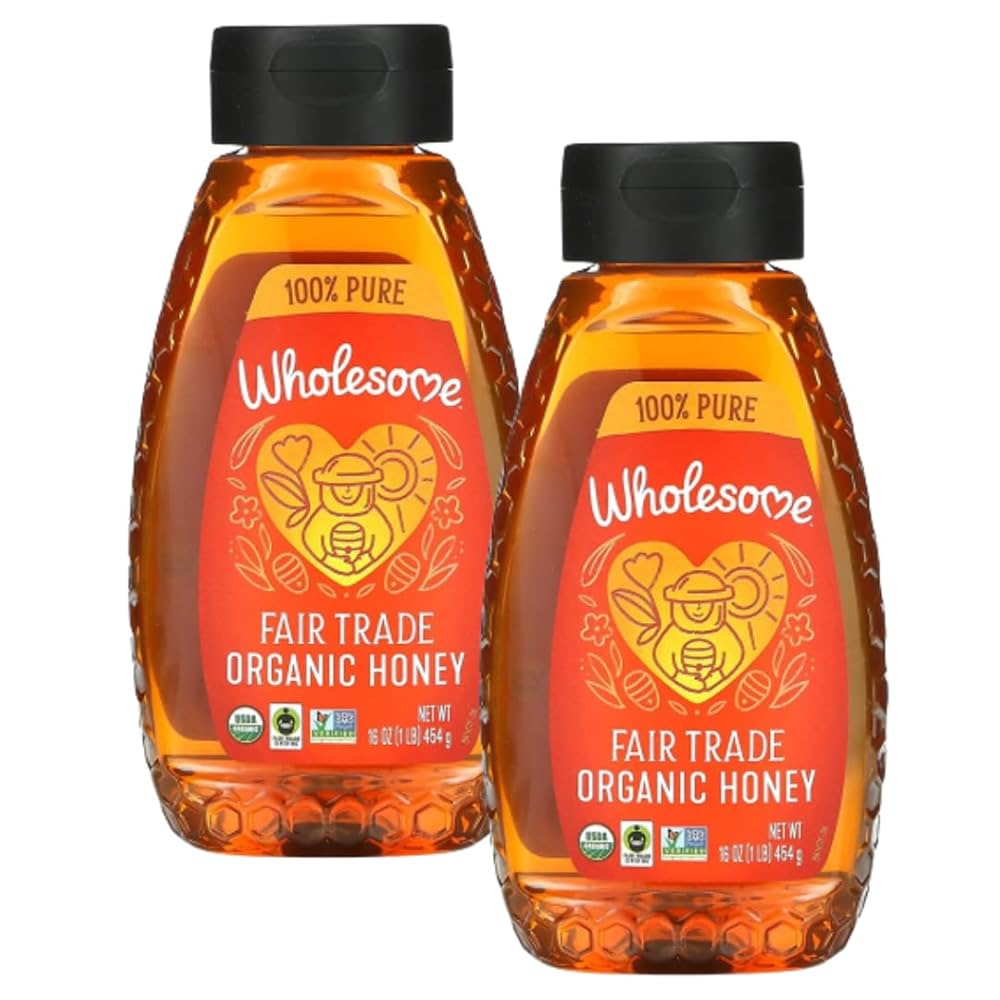 Organic honey for hyper wellness benefits
Organic honey for hyper wellness benefits
These alternatives are not only healthier but also more cost-effective in the long run, given their reusability. With proper care, they can last for years, providing a sustainable solution for menstrual hygiene.
What Is the Best Feminine Wash Recommended by Doctors?
Most doctors recommend using warm water and gentle, unscented soap for feminine hygiene. The vagina is self-cleaning, so there’s no need for specialized products. However, if one prefers to use a wash, it’s important to choose a product that’s pH-balanced and free from harsh chemicals and fragrances.
Best natural feminine wash for odor should be mild and designed for sensitive skin. Always check for gynecologist recommendations or certifications when selecting a feminine wash.
What Are the Best Tampon Alternatives for Heavy Flow?
For those with a heavy flow, the best tampon alternatives are menstrual cups and period underwear with high absorbency. Menstrual cups can hold more fluid than tampons and can be worn for up to 12 hours, while period underwear is designed to absorb heavy flows without leaks or discomfort.
It’s essential to choose products that offer both comfort and reliability to manage a heavy flow with ease and confidence.
What Should I Consider When Choosing Menstrual Products?
When choosing menstrual products, consider factors such as lifestyle, flow, comfort, and environmental impact. Cost-effectiveness over time and personal health concerns, like sensitivity to certain materials or susceptibility to TSS, should also be taken into account.
Researching and understanding the variety of options available is key to making an informed decision that aligns with your values and needs.
Which Alternative to Tampons Is Best for Swimming?
Menstrual cups and leak-proof swimwear are the best alternatives to tampons for swimming. Cups provide a secure fit and leak-proof protection, while leak-proof swimwear offers a discreet and comfortable solution without the worry of visible strings or pads.

Always test out your preferred product on light-flow days to ensure comfort and reliability before relying on it for swimming on heavier days.
In the midst of discussing these alternatives, it’s worth mentioning a video that offers further insight into the topic. Here’s an informative video that delves into the world of non-toxic period care:
 What’s killing our bees and how our choices can help
What’s killing our bees and how our choices can helpIn conclusion, the importance of choosing non-toxic and sustainable menstrual products cannot be overstated. With a growing number of alternatives available, women can make choices that benefit their health, their wallets, and the planet. It’s a powerful way to take control of your menstrual health and contribute to a healthier environment.

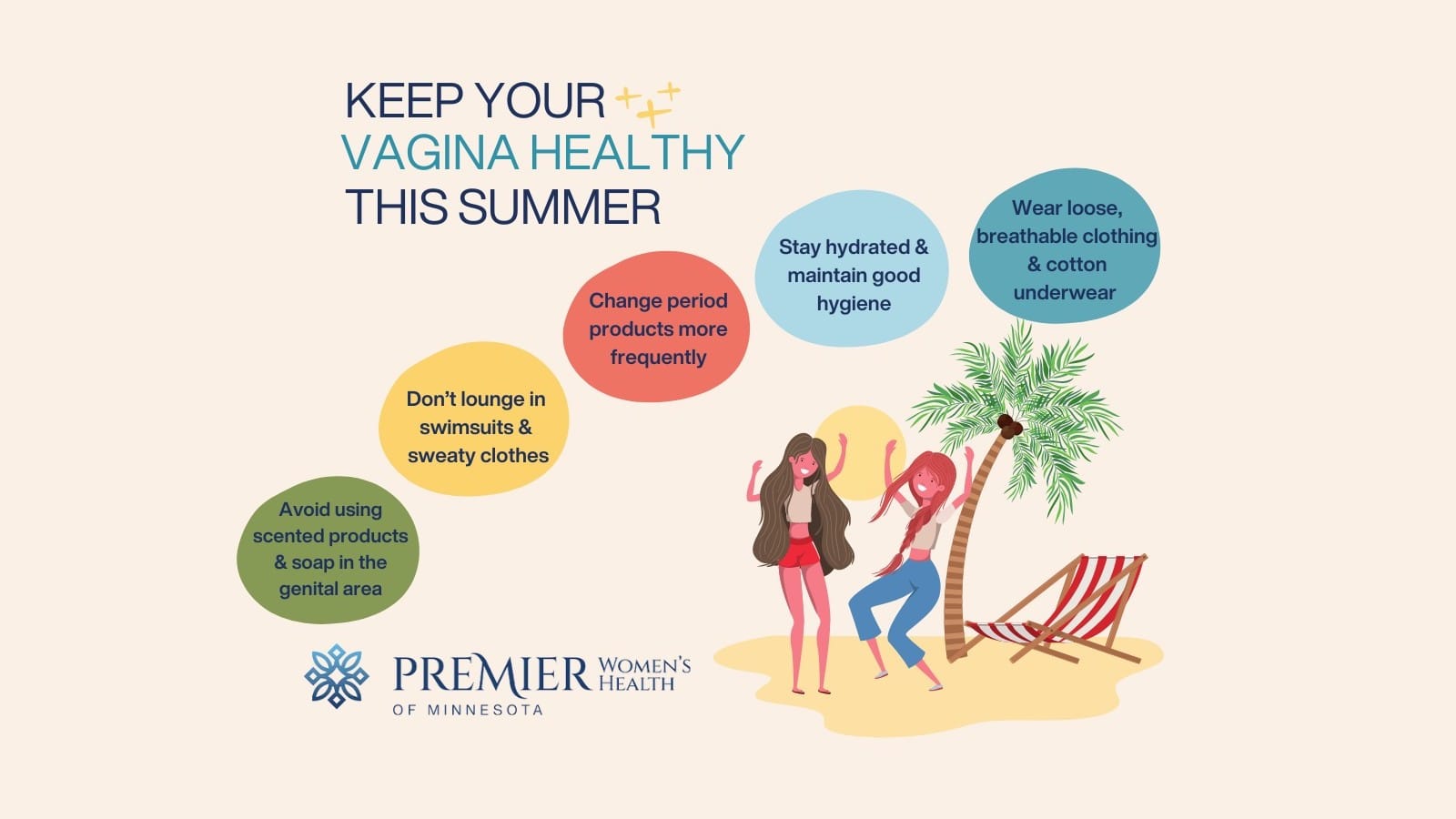
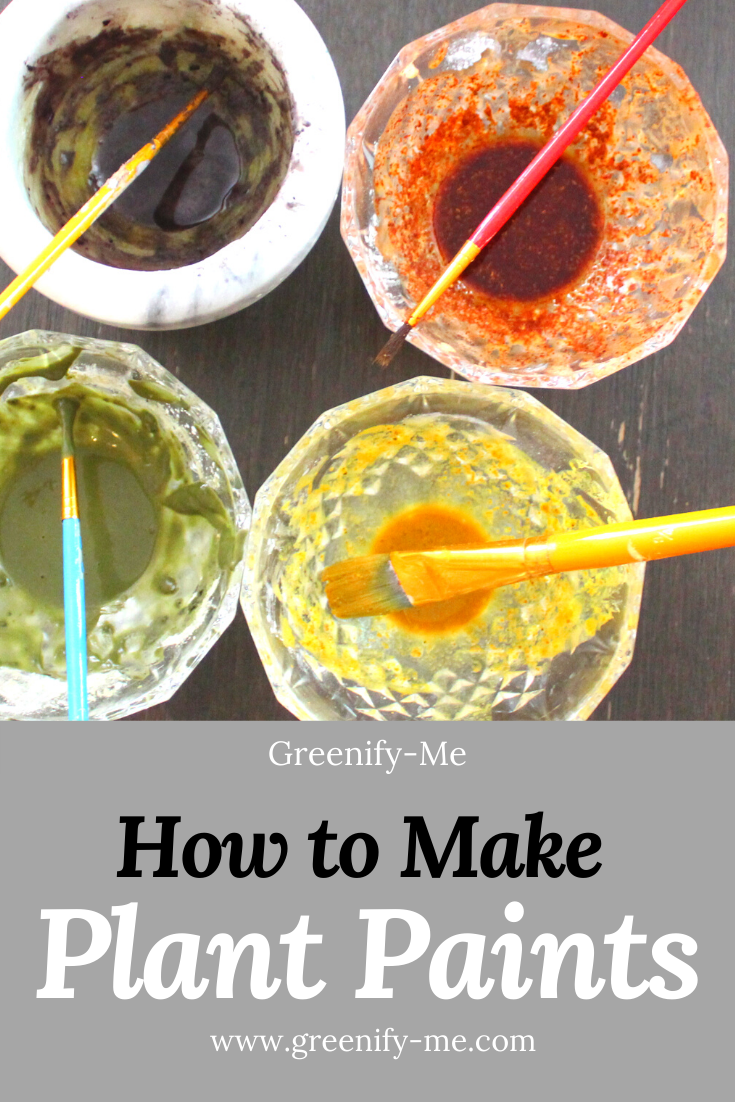
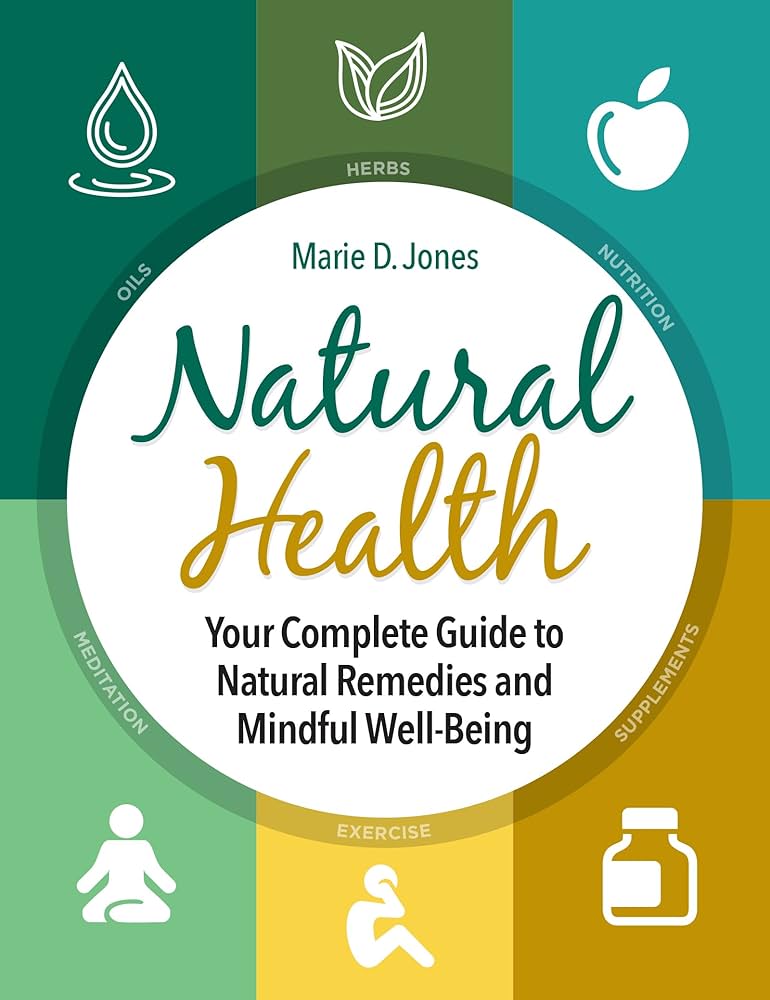
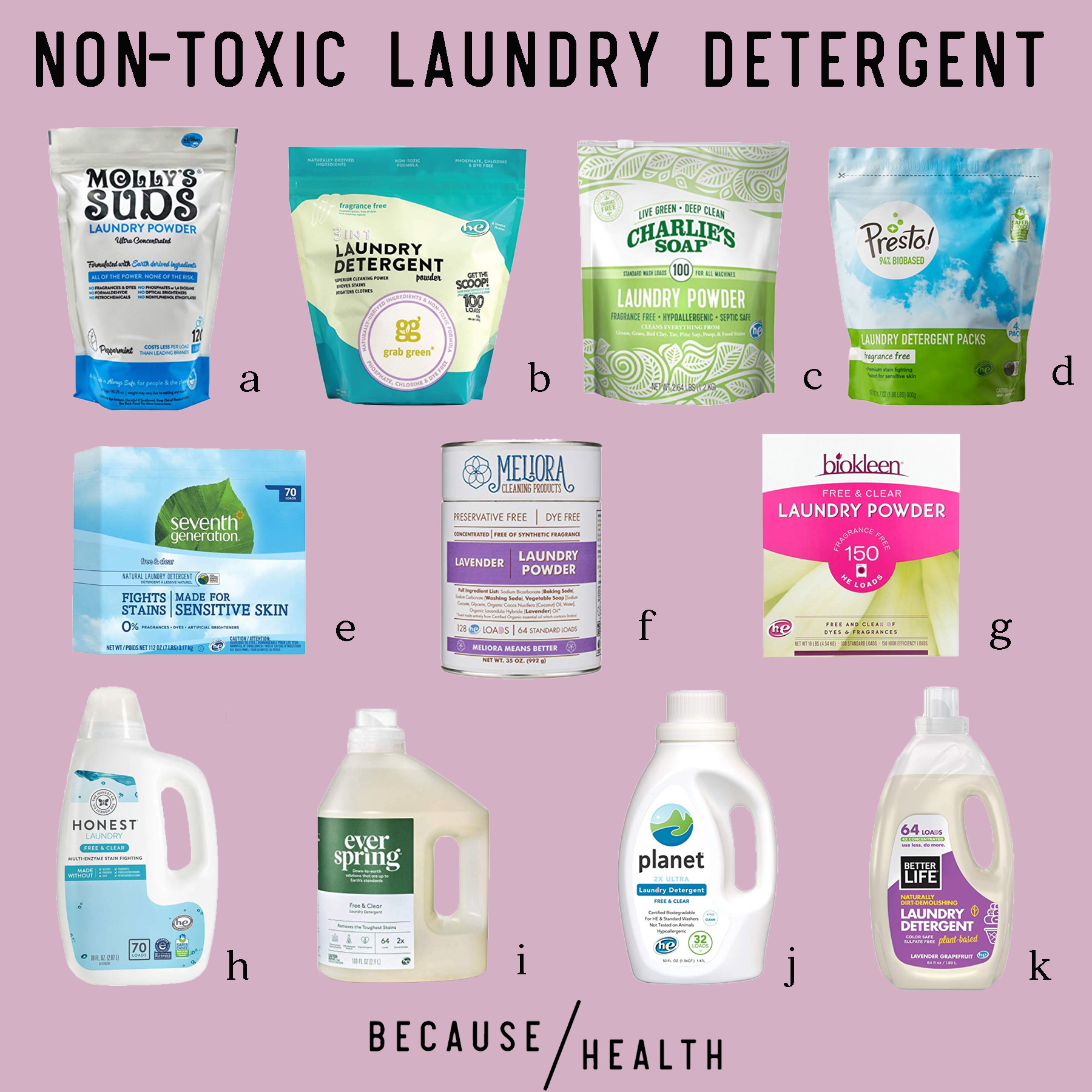

This post is such a great resource for anyone looking to make more informed choices about their period care. I love that there’s an emphasis on both personal health and environmental impact. It’s amazing to see how many innovative options are available now, making it easier for us to find something that fits our lifestyle and values. Plus, the info on menstrual discs and leak-proof swimwear is super helpful—definitely going to look into those! Thanks for sharing such a comprehensive guide!
This is such a comprehensive and eye-opening post! It’s great to see more awareness around the options available for sustainable and non-toxic period care. Menstrual cups and period underwear have been game-changers for me, both in terms of comfort and reducing waste. It’s empowering to have choices that align with both personal health and environmental values. Thanks for shedding light on these alternatives!